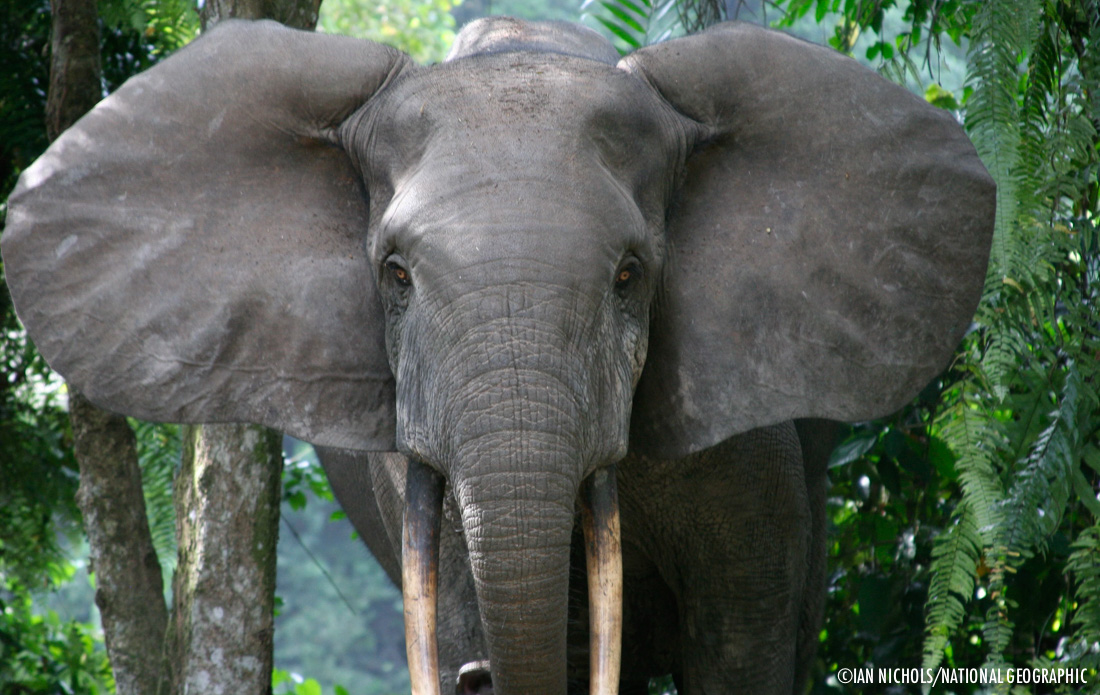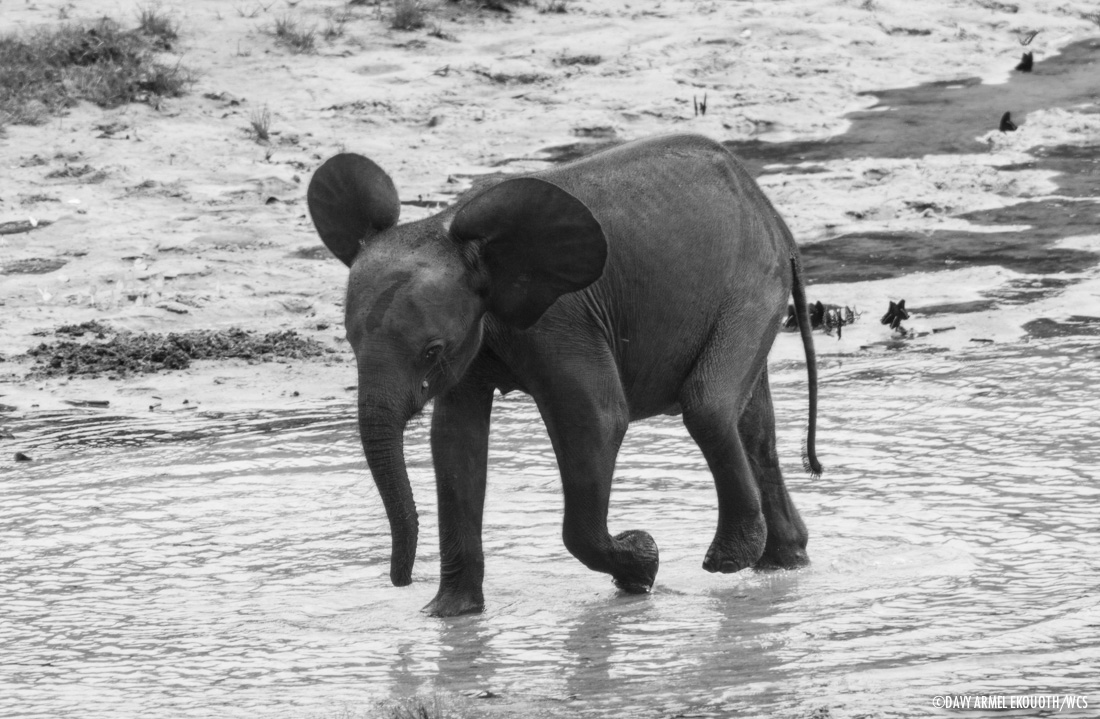
world elephant day 2016
The Republic of Congo is one of the last strongholds of Africa’s forest elephants.
Over the last decade central Africa has lost 65% of its elephants; a staggering loss owed mainly to the unrelenting ivory trade. World Elephant Day offers a critical opportunity to take stock of their plight whilst also recognizing the hard work teams of men and woman are putting in in the field to protect these giants across their range.
The forests of northern Republic of Congo harbour a quarter of the global population of forest elephants, and perhaps represent a last bastion of hope for these giants. Congo has been at the fore of conservation leadership in Central Africa for many years, protecting its wildlife under innovative management models. This year the Republic of Congo became the 11th state to join the elephant protection initiative, an African-led, results based conservation program working to eradicate the ivory trade and stop the continued slaughter of the continent’s elephants by poachers. The state additionally burnt all ivory stocks in April 2015 in a symbolic show of commitment to end the illegal ivory trade and scourge of poaching across central Africa. On the ground the Government of Congo has worked with partners like WCS to bolster conservation efforts throughout the country, and are particularly ramping up protection measures in the remote north of the country where the majority of Congo’s elephants are found. However, this northern stronghold is being tested like never before. Logging roads continue to expand and encircle protected areas providing unprecedented access and poachers themselves are becoming better-equipped and more savvy to anti-poaching efforts.
”In general our communications have really improved over the past months with the addition of an improved control room and a communications officer. This has improved morale of the guards on patrol in the field a lot just knowing that they now have the ability to communicate with park headquarters.
At the heart of northern Congo’s conservation effort lays the Nouabale-Ndoki National Park. Since mid 2013 and the creation of the Nouabalé Ndoki Foundation (NNF) - a public private partnership between WCS and the Government of Congo - the Ndoki anti-poaching unit has been quadrupled. This dramatic increase has allowed the Unit to adapt with greater agility to counter the increasing threats in the area.
External military training and the integration of novel technologies has made anti-poaching efforts much more efficient. Christian Molango, an experienced eco-guard working in Ndoki, recently commented on some key advances; “In general our communications have really improved over the past months with the addition of an improved control room and a communications officer. This change, together with the addition of Delorme InReach Explorer [real-time tracking and messaging devices] for use by patrol squads has resulted in much better communication for anti-poaching activities. This has improved morale of the guards on patrol in the field a lot just knowing that they now have the ability to communicate at all times with park headquarters.”

The illegal wildlife trade, and particularly the elephant-poaching crisis, is increasingly gaining international attention. As we learn more about the realities of the crisis, the approach to conservation in elephant range states is diversifying to tackle the multi-faceted threats facing elephants: anti-poaching efforts are becoming more sophisticated with emerging technologies, enforcement of wildlife laws is becoming more stringent, and judicial follow up of wildlife crime cases in the courts is increasing. The recent arrests and conviction of several high-level traffickers in Africa, whom for years operated with impunity, perhaps highlights a change in the tide.
Although progress is being made in the fight to protect Africa’s elephants, the future of these animals rests on a knife edge. Only through greater global awareness and support will these giants continue to roam our forests.

